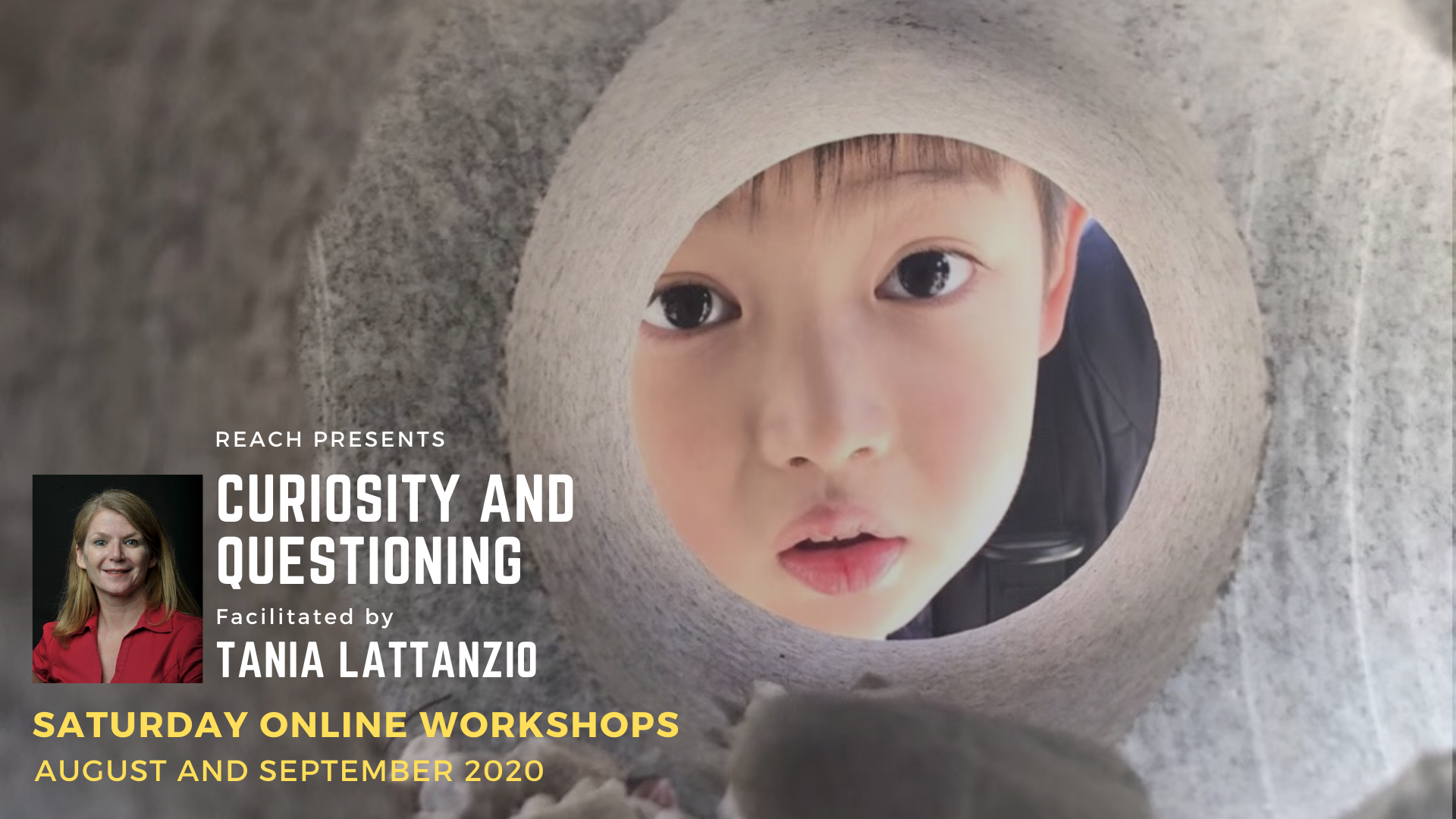-1.png)
EtonHouse Singapore
Our workshop facilitator is Tania Lattanzio, an experienced international educator and educational consultant. Currently the Director of Innovative Global Education, she develops and conducts professional development for educators from early childhood through to high school. A passionate educator, Tania works closely with educational institutions to specifically meet their needs through supporting school reform, making significant shifts in pedagogy and developing conceptual curriculum frameworks in both local and international settings.
In this interview, we asked Tania to share her thoughts on developing engaging learning environments that inspire curiosity and wonder as a lead-in to the workshops.
How does the physical environment provoke curiosity and inquiry in young children?
The physical environment acts like the ‘third teacher’ so we have to ask ourselves what is in that environment to provoke curiosity and provoke learning. If there was the absence of the actual teacher, how does the environment act as a teacher?
Teachers need to consider what they include in the physical space. They need to think about how inviting the physical space is. Is it a place children will want to go? Are there opportunities for exploration? Are there a variety of materials for children to explore? How have the spaces been organized? In our environments if we are placing activities that are limited in possibilities, in that there is only one way of doing it, we have to really consider how that provokes curiosity.
What is the biggest challenge educators face in provoking children’s curiosity?
I think educators feel they need to cover things so that children learn, that children need to learn things, often at the detriment of children’s natural curiosity. Education becomes something to get through rather than something to be explored.
This is often due to demands from parents and administration, so that the focus becomes on children knowing colors, numbers and letters. So teachers teach these, rather than creating an environment where children can discover it. Through discovery they do learn the things, but I feel many teachers worry that they may not, leading to far more teaching than discovery.
What is one example of a successful learning context?
A successful learning context is one that promotes possibilities, curiosity, a sense of wonder and a climate of well-being and safety for children.
Spaces are created to promote collaboration, a variety of materials are accessible and children have choice in their learning.
What are the key considerations of the teacher’s role in questioning?
The key consideration in teachers’ questioning is listening. Teachers need to listen to understand, to hear student’s theories and to hear their wonderings. It is through the pedagogy of listening that we can consider what the right question might be.
Questioning to promote deeper understanding, questioning to clarify, questioning to learn more about children and their thinking.
Often teacher questions are closed and directed to where a teacher wants a child to take the learning, rather than listening to see where the child wants to take the learning and questioning around that.
What can participants expect to take away from these sessions?
I hope that participants will take away
- a greater understanding of the importance of curiosity and how we can develop provocations and invitations to spark curiosity
- the importance of intent and consideration of materials and tools when planning provocations and invitations
- the understanding of the importance of children’s theories/wonderings and how we use these to consider what we plan next
- the importance of listening to understand
- the role of questioning to promote deeper thinking
Are there any books or resources that you’d recommend for our participants?
Unearthing Why: stories of thinking and learning with children by Clare Britt and Jillian McLachlan
We will share handouts, reading materials and videos after the workshops and a closed Facebook group will be created for us to continue our learning as a community. Seats are limited, register now to secure your seat in our Saturday online workshops here.

